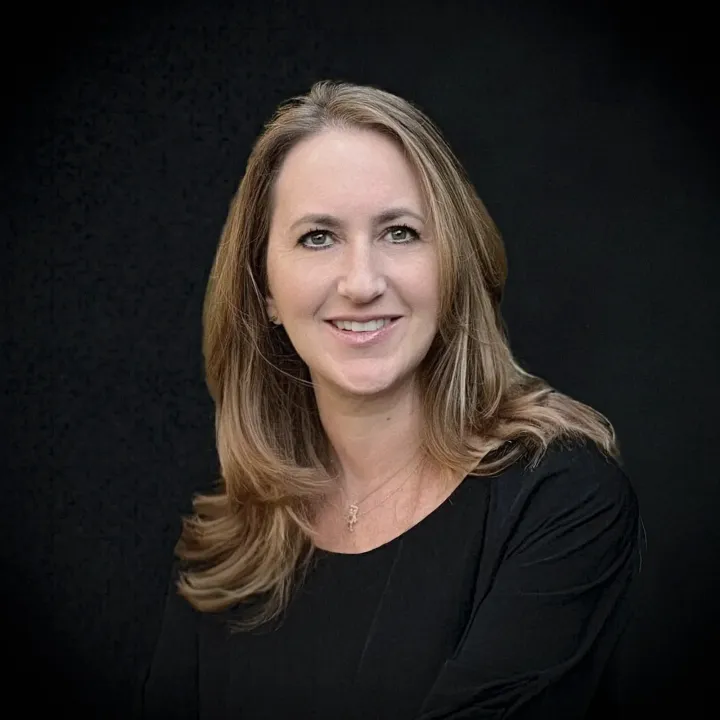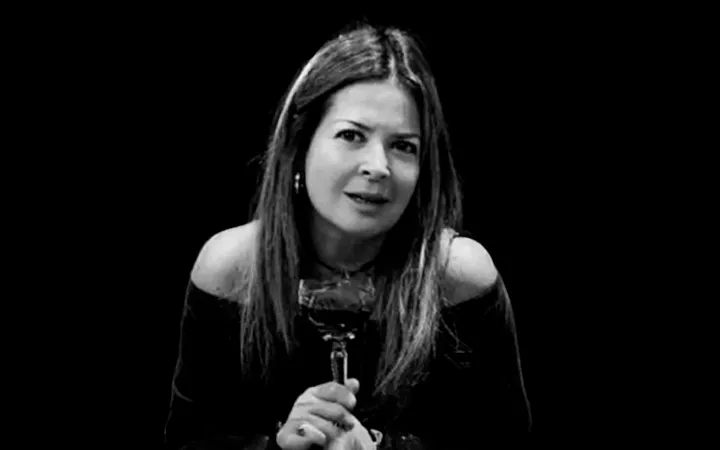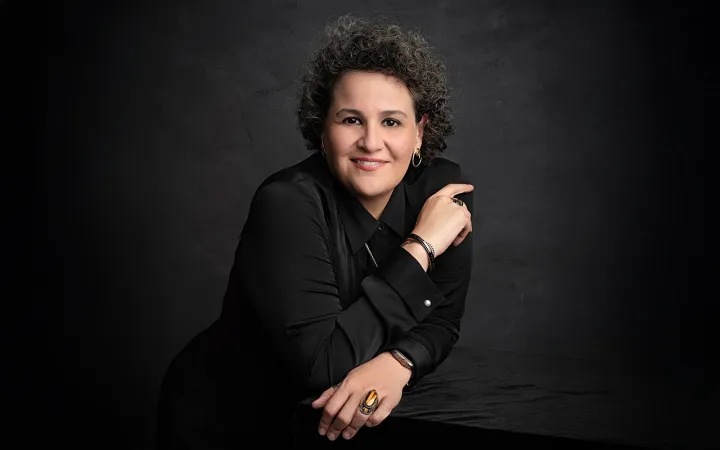Por Arlen Solodkin

Un estudio realizado en la Universidad de Columbia mostró cómo una de las razones que está detrás de que muchos estudiantes decidan no tomar clases científicas o seguir una carrera STEM – en inglés estás siglas equivalen a Ciencia, Tecnología, Ingeniería y Matemáticas- es porque “creen” que los científicos excepcionales que han marcado la historia como Albert Einstein, Marie Curie o Michael Faraday tenían una habilidad innata y que para ellos no supuso un esfuerzo llegar donde llegaron o lograr lo que lograron.
En el experimento realizado, hicieron que los jóvenes no sólo conocieran el trabajo de estos científicos sino también cómo fue el proceso para llegar, los obstáculos que enfrentaron y en qué condiciones lo realizaron. Al darse cuenta de que ellos también fracasaron, que tuvieron luchas intelectuales, que fueron cuestionados y que vivieron dificultades personales como pobreza, la guerra o la discriminación; los jóvenes vieron a estos grandes genios desde su lado humano y esto les ayudó apercatarse de su potencial.
Las creencias de los estudiantes sobre el talento, la inteligencia y el esfuerzo tienen un gran efecto en su motivación y rendimiento. Ver a los científicos como seres humanos, no como individuos perfectos, entender que su éxito no es innato y está relacionado con su proceso personal, profesional y su capacidad para perseverar y superar el fracaso ayudó a cerrar la brecha.
Esto mismo sucede cuando pensamos que solo las personas especiales pueden transformar el mundo. En el Instituto de Bienestar Integral y el encuentro internacional Hope Circuit, hacemos ver que el liderazgo es una elección y que la historia ofrece muchos ejemplos de cómo hombres y mujeres "comunes" en todo el mundo se han levantado ante el desafío y se han convertido en agentes de cambio.
Los sistemas de creencias que tenemos son un factor clave para determinar si nos convertimos en agentes activos de cambio o no, en víctimas pasivas o en arquitectos de nuestra realidad. De este modo, si creemos que podemos influir en el mundo y hacerlo más justo, mejorar nuestras condiciones de vida y la comunidad en la que vivimos; podemos desarrollar mayor eficacia, resiliencia y cooperación.
Estas características están relacionadas con las que el Dr. Martin Seligman, ha mencionado en su investigación sobre el sentido de Agencia (el ser agentes activos en la construcción de nuestra realidad) como un determinante del progreso humano. Donde afirma que el progreso depende de las creencias que tienen las personas al reconocer que pueden ejercer cambios en su vida y comunidad teniendo un impacto en el mundo que les rodea. El progreso humano incluye construir una visión optimista del futuro, la posibilidad de imaginar diferentes vías de acción para lograrlo y fomentar nuestro sentido de autoeficacia.
No hay mejor ejemplo de esto que el discurso de Martin Luther King “Tengo un sueño”. Pero lo increíble no fue su discurso sino su sueño en sí. Uno que lo llenó a él y a otros de esperanza e inspiración, que encendió su imaginación y motivación para convertir ese sueño en acción. Inspiró a millones de personas a tomar acción para construir una nueva realidad. Este ciclo ascendente continúa una vez que los sueños se convierten en acciones que transforman el mundo que nos rodea.
¿Cómo cultivar optimismo, imaginación y autoeficacia para convertir nuestros sueños en realidad?
Un ejercicio fundamental para el cambio es visualizar una realidad diferente. Esta técnica, conocida como prospección positiva, nos motiva a imaginar un futuro mejor. Si además somos capaces de visualizar esa realidad junto con otras personas y explorar los diversos caminos para lograrla, estamos hablando de experiencias imaginativas: proyectarnos en el futuro que queremos alcanzar.
Es igualmente importante creer en nuestra autoeficacia, es decir, confiar en que nuestras acciones pueden generar los resultados que buscamos. Un ejemplo es la película “El niño que domó el viento” de William Kamkwamba, donde contra todo pronóstico, sin educación, buena nutrición y viviendo en extrema pobreza, logra crear molinos de viento a partir de desechos, trayendo agua a su comunidad.
La autoeficacia requiere de varios ingredientes:
1. Intencionalidad: Las personas forman intenciones que incluyen planes de acción y estrategias para realizarlas.
2. Previsión: planes dirigidos al futuro, establecimiento de metas, anticipación de posibles obstáculos y resultados. Una perspectiva previsora proporciona dirección, coherencia y significado a la vida de uno.
3. Auto-reactividad. La capacidad para autorregularse y construir cursos de acción apropiados para motivar y regular su ejecución.
Ser un agente es influir intencionalmente en el funcionamiento y las circunstancias de la vida; ser capaz de autoorganizarse, autorregularse, ser proactivo y autorreflexivo; en lugar de ser simplemente un observador de nuestro comportamiento.
Vivimos en una era donde el acceso a la tecnología, la información, el conocimiento y nuestra capacidad de impacto social nunca había sido tan grande y sin embargo nos sentimos insignificantes. Hoy más que nunca, las personas tenemos el poder para transformar nuestra realidad y como sugiere Martin Seligman, ponente del encuentro Hope Circuit en Ciudad de México y padre de la psicología positiva, lograr que el 51% de la población mundial esté floreciendo para el 2051.
Ser agentes de cambio y buscar el bien común conduce a una vida significativa, fomenta la conexión y empatía, enciende la esperanza y nos ayuda a abrirnos a lo extraordinario. Ayudar a otros nos permite darnos cuenta de que, sin importar nuestras circunstancias, el potencial que tenemos para afectar a la comunidad es inmenso.
Necesitamos elegir agregar valor para sentirnos valorados. Necesitamos ponernos al servicio del todo. Es hora de cambiar nuestra pregunta de "¿Por qué yo?" y preguntarnos: ¿Por qué no yo? Algunos ven sus nombres escritos en los anales de la historia, pero todos hacemos historia.
*Fundadora y directora del Instituto de Bienestar Integral y el encuentro Hope Circuit
Las opiniones expresadas son responsabilidad de sus autoras y son absolutamente independientes a la postura y línea editorial de Opinión 51.






Comments ()